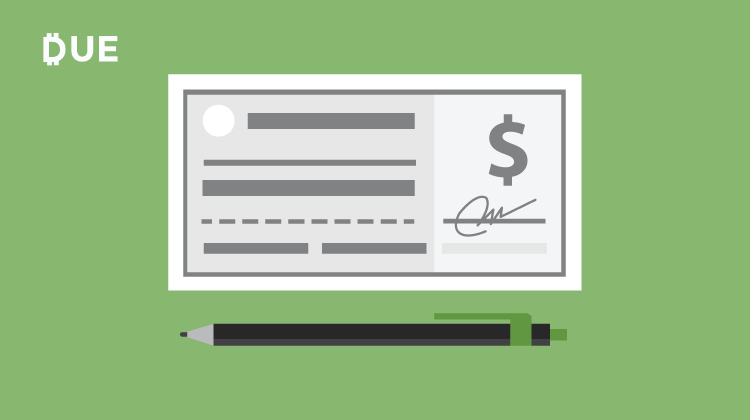Money orders are a popular option to send money and make payments, but unless you have used them before, money orders may seem like a foreign concept. In practice, money orders are a way to turn cash into a check without a bank account. You can get a money order from a bank, some grocery stores and big-box retailers, and even the post office! Follow along to learn more about money orders, how they work, and when you may consider using them.
Table of Contents
ToggleWhat is a money order?
A money order is a financial instrument that works like a check. But unlike a personal check, a money order is considered “guaranteed funds.” This is an important distinction for some businesses. Landlords, for example, don’t want to get stuck with bounced check fees from new tenants. Requiring money orders for a deposit or first months rent, or any rent after a history of bounced checks, is relatively common when renting a home.
Money orders are typically available for amounts up to $500 or $1,000. Over that amount, you’ll need to head to the bank for a cashier’s check, a similar instrument used as a guaranteed check for larger dollar amounts. Because they are guaranteed, you’ll need to fund a money order up-front. That usually means handing over cash or swiping a debit card. Most stores will not sell a money order to someone using a credit card.
Depending on where you grew up, money orders may be unfamiliar. For the most part, this may be because money orders are more common in low-income communities. The sad reality is that low-income or low-credit renters are more likely to hand their landlord a bad check. To compensate, a large portion of the low-income community may be forced to pay extra to use money orders to protect their landlords even if they have no personal history of writing bad checks.
Money orders cost anywhere from around 50 cents to a few dollars each depending on where you buy them.
Why would I use a money order?
In most cases, you shouldn’t need to use a money order. If you already have a bank account, you can do nearly the same thing for free when you use a check. Until my late 20s, I never needed a money order for anything! When a landlord asked for my rent and deposit in money orders when I moved to Portland about five years ago, I had to do a little legwork to figure out where to even get a money order, and I used to be a bank manager! That is how rare money orders are to some people.
Other situations where you may want to use money orders, if you don’t have a checking account, would be to send money to someone in the mail. If you don’t have a bank account, you can’t send money with a free transfer or payments app, so you’ll need a non-electronic payment method. Money orders are more secure than cash, are written to a specific depositor, and don’t include your bank account number if you are looking for a safer alternative to a personal check.
These features also make money orders common for scammers. If you are ever asked for a money order by someone you don’t know in person, don’t send it or hand it over unless it is a verified, reputable business.
Where can I get a money order?
You can usually get a money order at a bank, though banks tend to charge more for money orders than some other providers. If you need a cashier’s check, your only option is a bank. You may have to go to your bank, though some banks are willing to issue money orders to non-customers with cash for a higher fee. At a bank, you should plan on paying around $5 for a money order.
Outside of the bank, the best two places to get a money order are your local Walmart store or a local United States Post Office branch. Both Walmart and the Post Office offer money orders at some of the best rates out there. Walmart charges just 70 cents for a money order up to $1,000. The post office charges $1.60 or less depending on the amount.
You can also go to a money transfer agent like Western Union or MoneyGram. You can find these types of transfer centers at many retail stores, grocery stores, pharmacies, and convenience stores. Plan on spending around $1 per money order at these locations.
A cheap way to send funds
At the end of the day, money orders act as an inexpensive option to send money. Even if you have a bank account, money orders may come in handy on occasion. For $5 or less, you can send a secure, guaranteed check. That’s what these payments are all about.
















